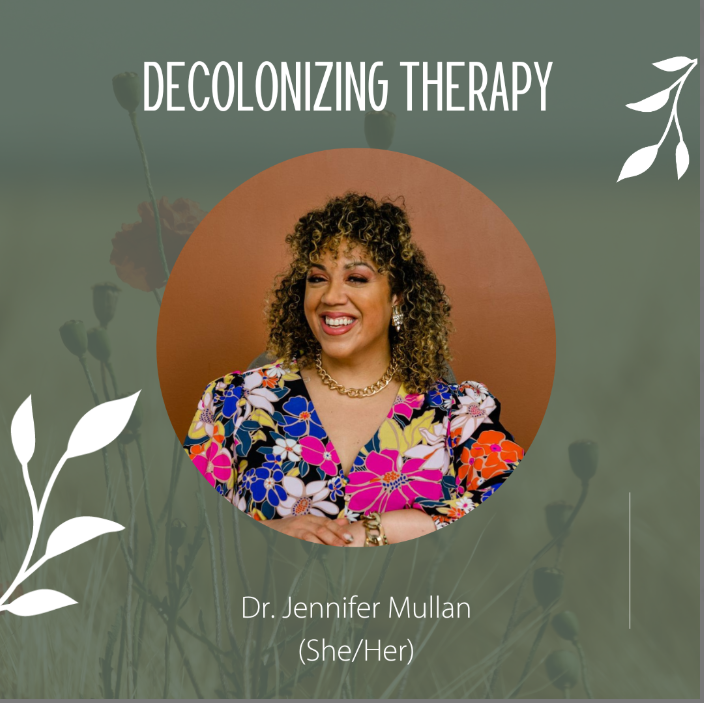Back‑to‑School Burnout? How Teachers Can Heal From Compassion Fatigue
Another school year begins—but do you feel like you’re already running on empty? If you’re a BIPOC or LGBTQIA+ teacher in Charlotte, managing classrooms, grading piles, and emotional duress often feels like compassionate survival, but something is giving—your peace, your sleep, your joy.
Recognition: Compassion Fatigue Is Real—and Widespread
A 2024 CDC‑supported qualitative study of U.S. K‑12 educators found that 65% linked stress to physical exhaustion and disrupted sleep, while half reported emotional depletion from holding both student and family emotions in addition to their own.
In North Carolina, teacher turnover remains a troubling indicator. For the 2022–23 school year, attrition rose to 11%, and beginning teachers (less than three years of experience) faced an even higher rate of around 15% (NCDPI, 2024). While slightly improved in 2023–24, attrition still hovered near 9.9%—nearly 1 in 10 teachers leaving their roles that year (WRAL, 2025).
Why This Hits BIPOC & LGBTQIA+ Teachers Especially Hard
This isn’t just about long hours. It’s about cumulative trauma—cultural burden, emotional labor, systemic oppression, and code-switching layered on top of teaching. These intersecting stressors amplify compassion fatigue and leave bodies chronically taxed.
Bound with these stressors are unprocessed grief, generational trauma, and “Strong Black Woman” and queer resilience archetypes that encourage endurance at the cost of well-being. That’s why healing needs to be rooted, not merely reactive—it must include systemic and embodied tools.

How to Begin Healing: Tools that Honor Body, Mind & Spirit
1. IFS Check-In: Meet Your Hidden Parts
Start by asking, “Which part of me hasn’t stopped moving?” You might identify a “Protector Part” that pushes you through another lesson or a “Part That Just Wants to Cry.” Let your Self—a calm, compassionate presence—speak to these with curiosity, not shame.
2. Micro-Ritual Breaks You Can Actually Do
- Mindful breathing: Breathe in for 4 counts, hold 4, breathe out 6—during bathroom breaks, planning period, or before your next parent meeting.
- Grounding moment: Press feet into the floor for 20 seconds, breathing into places that feel tense.
- Gratitude note: Write one small thing you’re grateful for—your favorite pen, your coworker’s smile—just once per school day.
3. Boundary Statements Rooted in Compassion
Instead of pushing through lunch hours, give yourself permission: “I am allowed to take a full 20 minutes to eat—not grade, not plan, just breathe.” Your boundaries are acts of self-care—and better teaching.
4. Weekly Emotional Check-In — Teacher Circle
Gather with trusted colleagues (even via Zoom) to reflect, share, and normalize your feelings. Peace isn’t opposition to work—it’s essential fuel.
Case Example: “Amina’s Moment of Pause”
(Name changed for privacy.) Amina, a second‑year teacher in south Charlotte, felt depleted even before going back to school. In therapy, she recognized a “Perfectionist Part” telling her she must do more to be seen. Together, we created a 2‑minute ritual—start the day with a grounding breath and permission: “I am enough, every day.” That small ritual began shifting her energy over time.
Why Charlotte Heralds Need Healing Rituals
In neighborhoods like University City and Huntersville, teacher wellness is often an afterthought—even as educators carry school-community trauma, vicarious trauma. Healing rituals and systemic supports aren’t luxuries—they’re classroom necessities.
Simple Moves to Start Reclaiming Yourself
- Before students arrive: Take 5 breaths before stepping into the classroom.
- After a difficult interaction: Name one feeling before returning to your plan book. Go back sometime in the day and journal about what you were feeling. Try to recall what happened in your body.
- Body check-in: If your shoulders are tight or your jaw clenched, pause. Breathe into the tightness and remind yourself: “Rest isn’t selfish—it’s essential.”
You Don’t Have to Leave Teaching to Heal
No, healing doesn’t always mean quitting. Often it means reclaiming consciousness in the fight for education and justice. It means establishing firm boundaries. Healing for teachers is revolutionary self-care—for you, your students, and your communities.
At Mended Counseling in Charlotte, we support educators with trauma-informed care tailored to your experience, including IFS, mindfulness, and soon—sound healing in our new meditation space. You can teach from rested equilibrium—not from burnout.
👉 Schedule your teacher rest session today and protect your heart by caring differently.

Mended Counseling & Consultation proudly serves Charlotte, NC and surrounding areas including NoDa, University City, Highland Creek, Mallard Creek, Northlake and all surrounding areas. We also provide services online in NC, SC, VA, GA, and DC. All therapists are not licensed in all states. We specialize in trauma-informed, LGBTQIA-affirming care.




